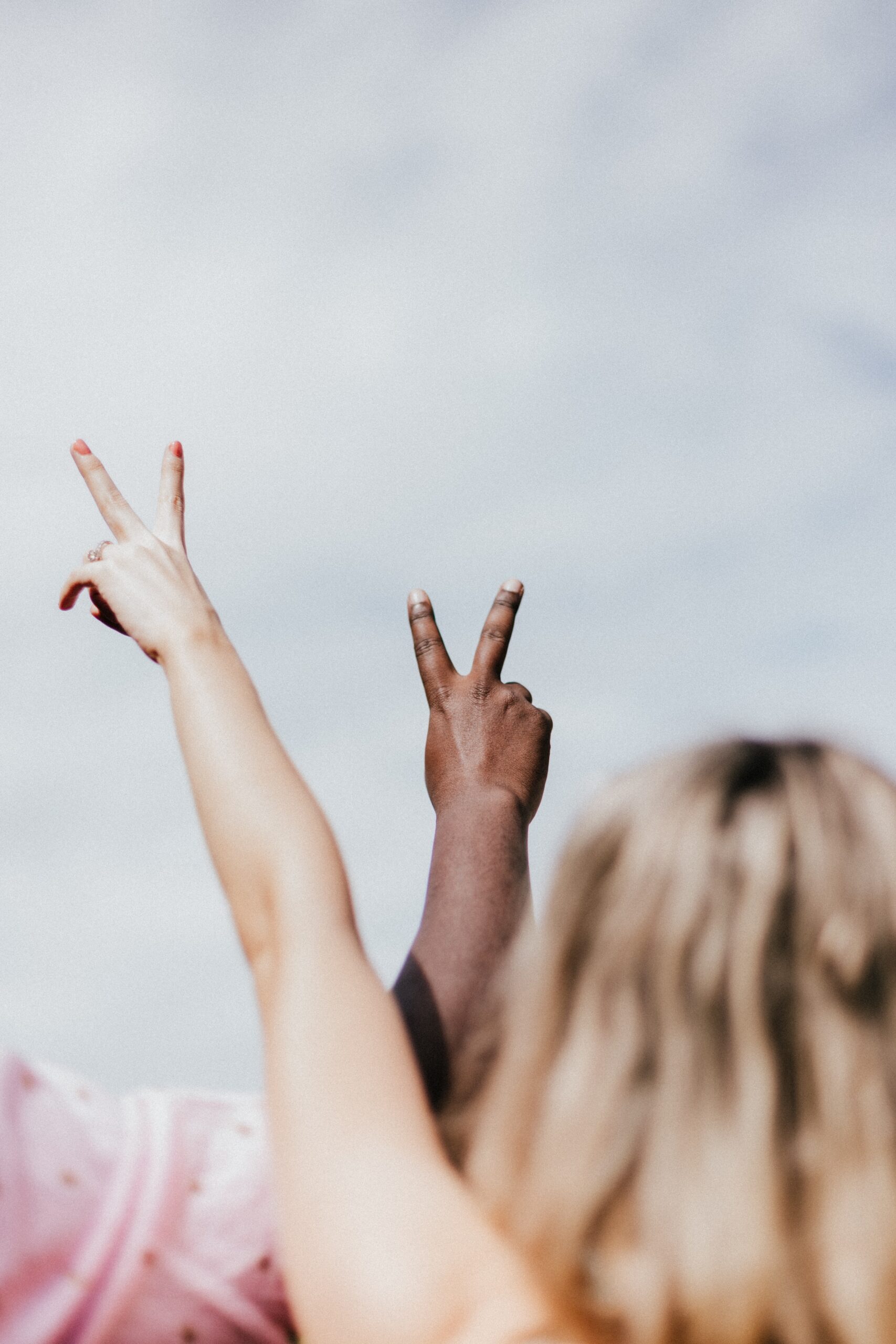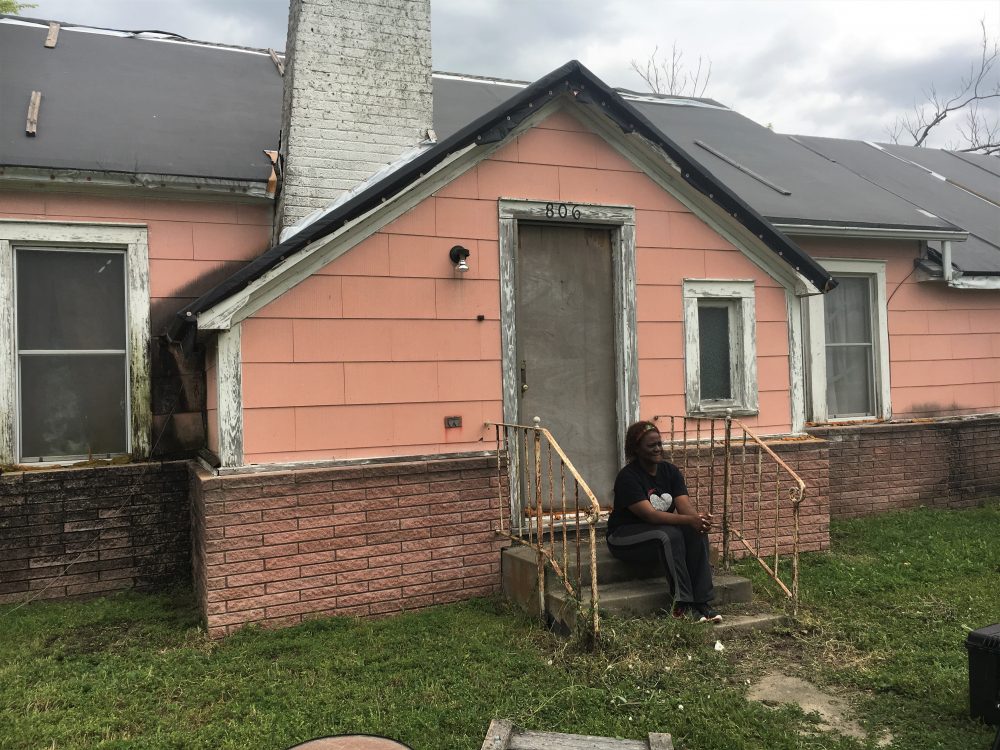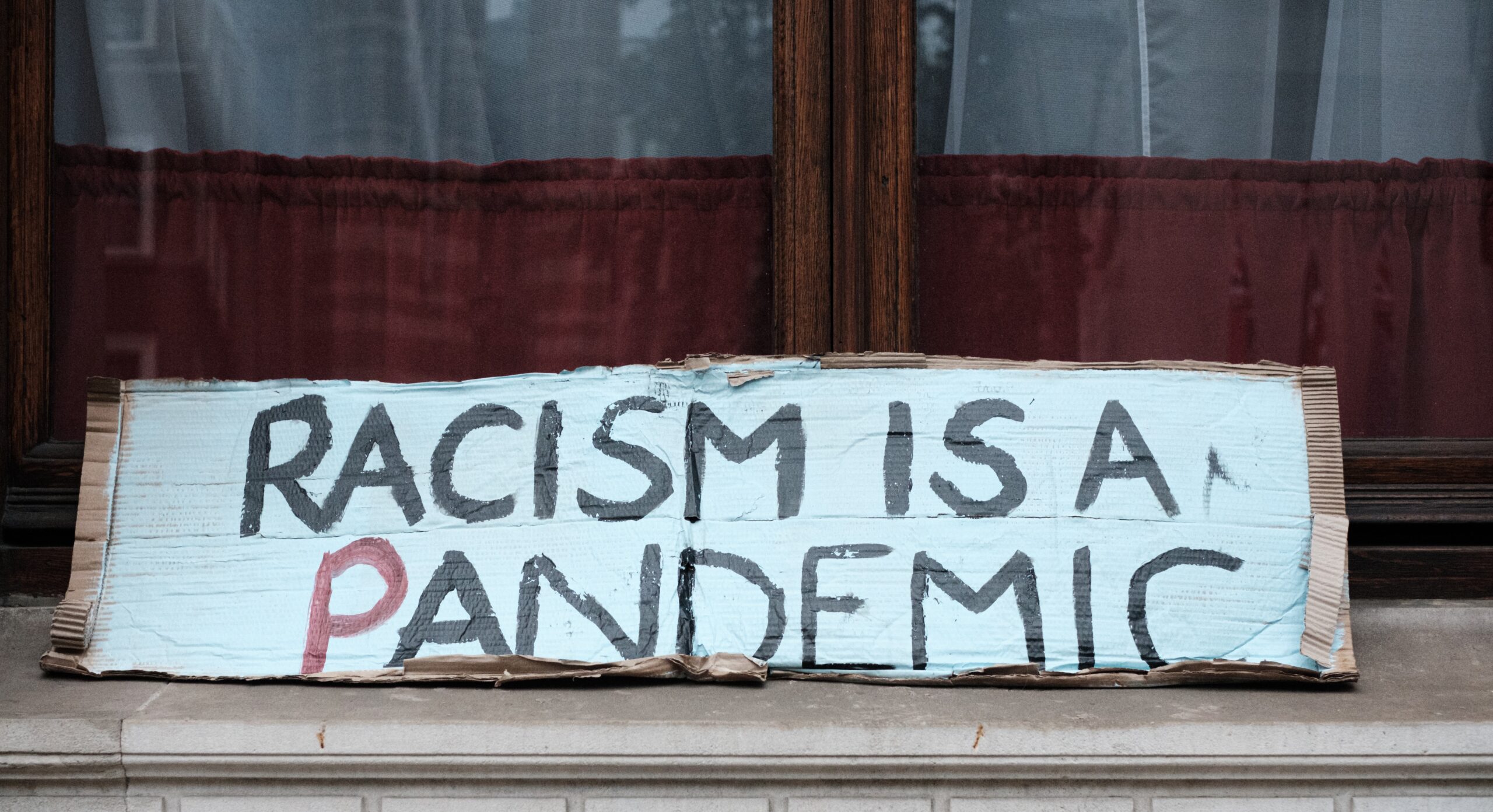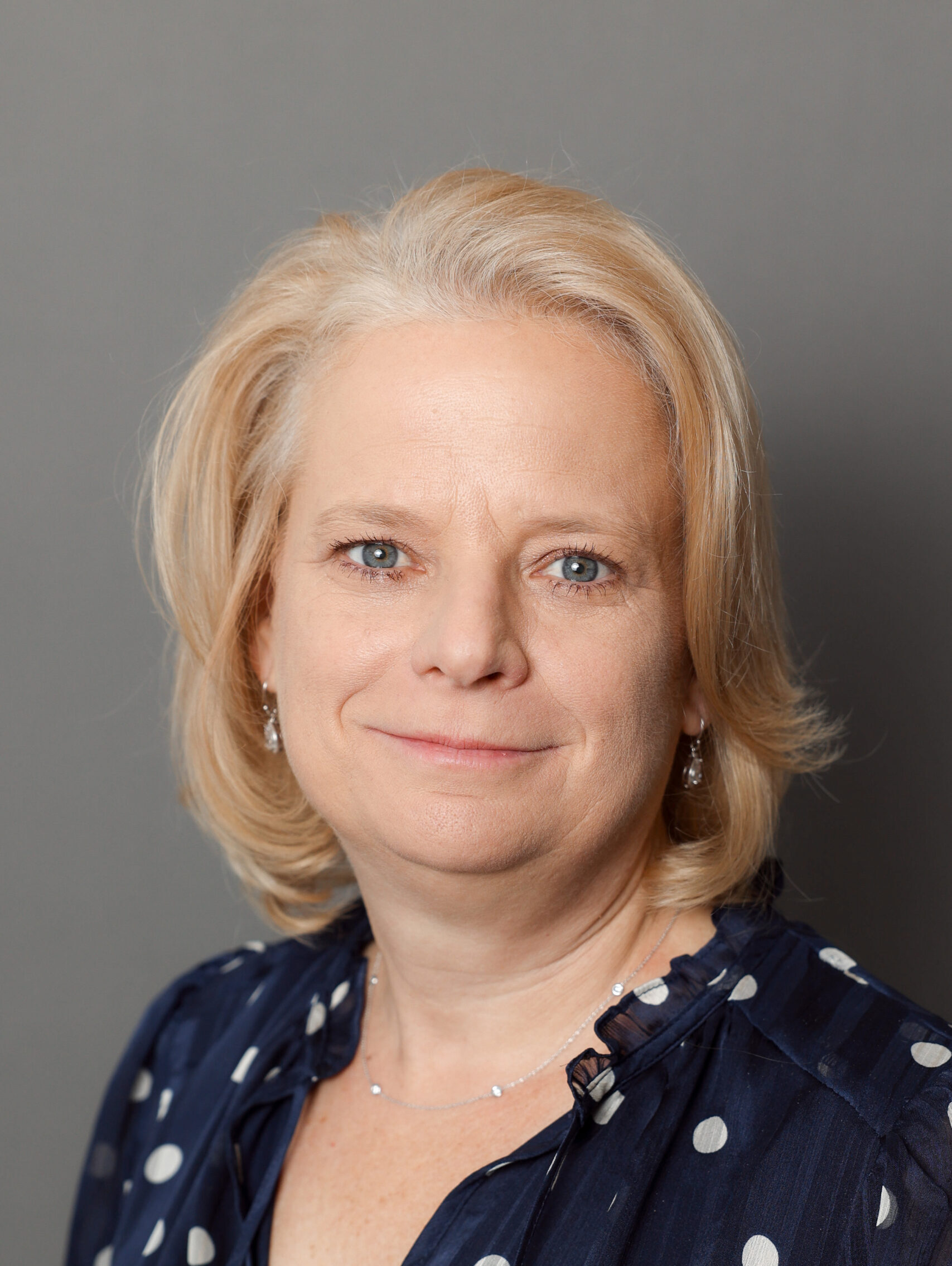Showing up as an ally
This post was originally published on Alliance Magazine. Editor’s Note: This blog is part of our “Equity in Disasters” series. The series, which focuses primarily on racial equity and justice issues, also explores how these intersect with other kinds of marginalization and the ways that historical and systemic discrimination create an uneven playing field for recovery. […]

This post was originally published on Alliance Magazine.
Editor’s Note: This blog is part of our “Equity in Disasters” series. The series, which focuses primarily on racial equity and justice issues, also explores how these intersect with other kinds of marginalization and the ways that historical and systemic discrimination create an uneven playing field for recovery.
The COVID-19 pandemic and the concurrent disasters created by hurricanes, wildfires and other hazards have stretched communities to their limits. The needs across the globe have also asked all of us to dig deep and give generously. As a result, recovery from the COVID-19 contagion is on the horizon, with over 50 percent of the U.S. population receiving at least one shot. Regretfully, global progress is not at pace with that percentage, and no one is safe until everyone is safe.
The coronavirus vaccines will only protect us from the disease itself; it is not a salve for all that ailed us during and because of the pandemic. Economic deficits, mental health strain and learning losses are only a few of the residual ripple effects of fifteen-plus months of lockdowns. Furthermore, COVID-19 placed a spotlight on another pandemic, one more damaging, more insidious and for which there is no vaccine: racism, and the systemic social, health and political disparities and harrowing injustices pervasive in all aspects of life for Black, Native American, Asian American and Latinx communities. A pandemic emboldened through its endemicity, but which, like COVID-19, disproportionately impacts BIPOC communities.
Like many other white leaders in the nonprofit and philanthropic sectors, this past year has been one of intense self-reflection. I have grappled with new-to-me terminology such as racial and intersectional equity and the use of ‘Black, Indigenous and People of Colour’ (BIPOC). I have owned how white supremacy has benefited me, despite my life-long condemnations of its practitioners. I have strived to become the ally I desire to be – one who shows up to fight injustice, publicly and privately – by educating myself on how to advance racial equity and inclusion. And through it all, I have struggled to understand how my own lived experience, including experiencing poverty and combating gender inequalities, fit.
At the Center for Disaster Philanthropy, we seek to help donors maximize their impact by making community-informed, locally-focused and equity-centered disaster-related giving decisions. We are committed to the pursuit of equitable recovery and stronger communities. These beliefs and values are held dear by all within CDP. As its leader, I feel responsible for fostering an environment wherein we practice our values within our work.
Here are a few of the ways I am working to show up as an ally:
I sit with it. I continue to learn, listen and recognize how white supremacy shows up within and across the spectrums of our lives. I acknowledge that being an ally requires me to become fluent in understanding and to challenge myself – my perceptions, language and beliefs. And to bring this self-awareness and its accompanying vulnerability into my leadership approach to create a safe environment where we can, as individuals and as staff, develop the cultural humility necessary to create change.
I make space. I seek to model the leadership that I value with my staff. I explore growth opportunities for members of my team, while celebrating individual and team successes and mentoring whose work I supervise towards strengths. I strive to use my platform to help create real transformative change by stepping up and stepping back in support of what is right, just and fair.
I forgive myself. I know that I am far from consistent or perfect in my efforts. I have felt frustration when I hear of women leaders being pushed aside or dismissed because of their whiteness in a sector where women continue to fill only a fraction of nonprofit executive leadership positions. And then I remind myself, it is ok to be uncomfortable, to feel conflicted. In fact, it is incumbent upon me to do so and to examine the why of my discomfort.
Along the way, I have learned that my equity journey will require many things of me – grace, patience, tenacity and vulnerability. There are many others on this journey, and it heartens me that I am not alone.
More like this

Housing and insurance gaps hinder disaster recovery

